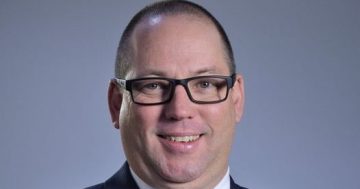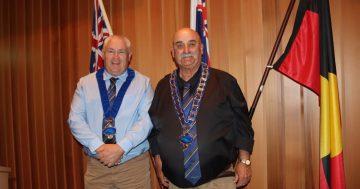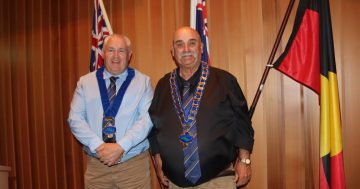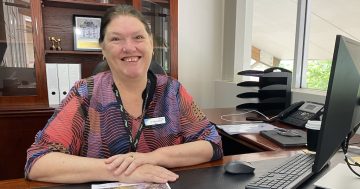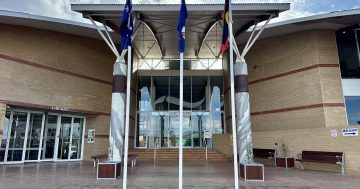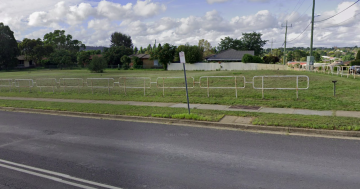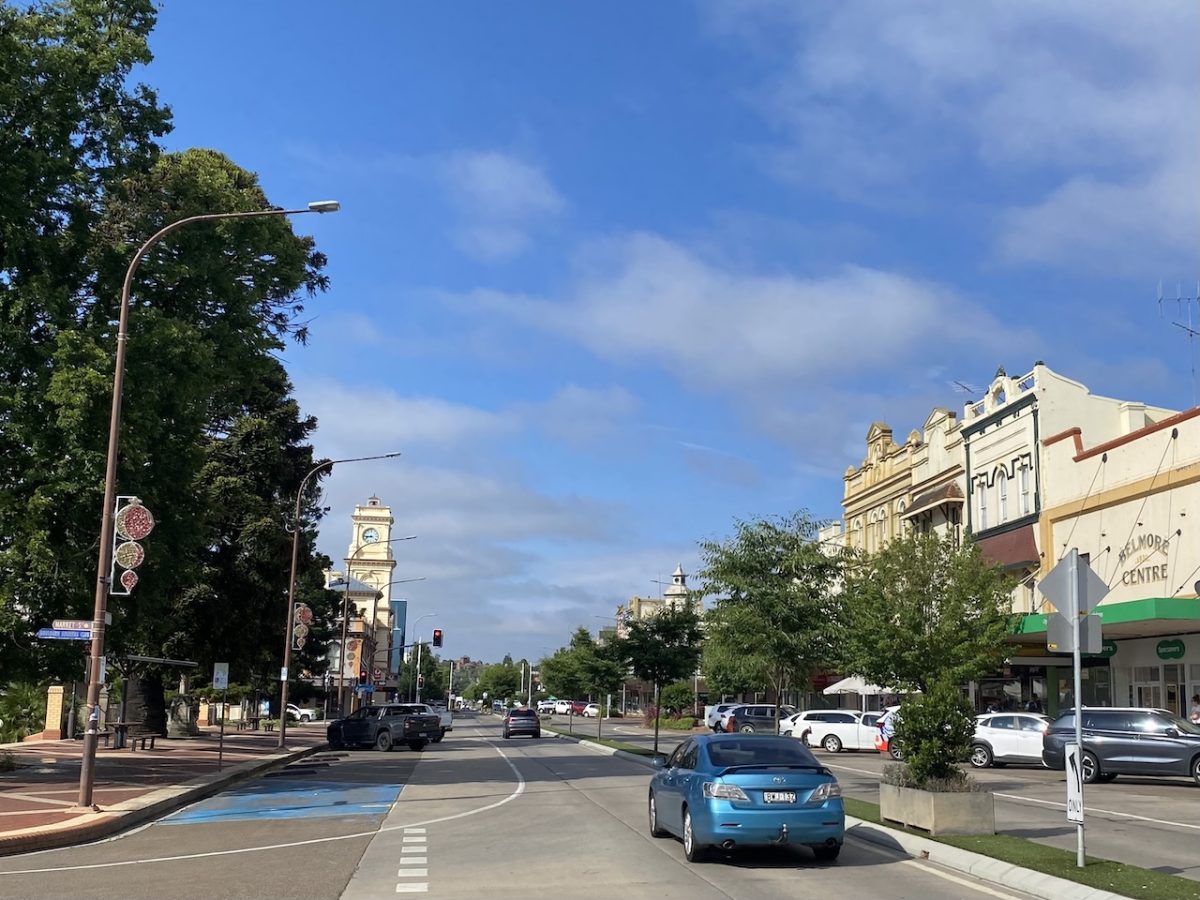
Unlike metropolitan councils which can raise up to $40 million from their parking meters, regional councils like Goulburn cannot raise enough revenue to pay for rate hikes, says Mayor Nina Dillon. Photo: John Thistleton.
Goulburn Mulwaree Mayor Nina Dillon says aspects of local government budgeting are unachievable and in some instances, forecasting expectations are “madness”.
Elected in September with overwhelming community support, and as the principal of a Goulburn accounting firm, Cr Dillon has pledged to rebuild the community’s trust in the council after its proposed hike in rates last year triggered a backlash.
Her criticism of the way in which councils’ financial fitness is measured these days coincides with an inquiry by the NSW Government’s Standing Committee on State Development that constantly heard accounting standards used by local governments are not fit for purpose.
The committee recommended the NSW Government redesign the local government rating system, including reassessing council base rates.
Meanwhile, Goulburn Mulwaree has started its search for a new general manager, after its former chief executive Aaron Johansson quit early in his tenure.
Cr Dillon has a clear view on the qualities of the person she would like to see take up the general manager’s role.
“One, you’ve got to be professional which is unsaid at that level anyway,” she said.
“I think in a regional council like this one you probably need to be involved in the community, have some sort of ownership of the community that you are in,” Cr Dillon said.
The new general manager needed to be approachable and empathetic to people’s needs.
Cr Dillon said the past 18 months had been divisive.
“And I feel very much for the council staff, and councillors because the special rate variation in particular was not explained well. The community really had no idea this was happening,” she said.
Including depreciation in local government’s long-term financial model was at the heart of misunderstanding during the debate in Goulburn and across NSW.
Up until 2012 councils did not have to include depreciation in their financial statements, until a change in the local government accounting standards meant they did have to include it in their financial statements.
But councils didn’t account for depreciation the same way as a normal business did, instead the assets were revalued, Cr Dillon said.
“So if you’ve got a road out the front there that you pay $10 million to build, for depreciation this year it has to be revalued at what it would cost now to build – that road might be $15 million, that’s depreciated at current value,” she said.
Consequently, the depreciation expense was doubling every 10 years. But that money was not being set aside to replace the asset. “Depreciation is a book figure on the financial statement only and has no bearing on cash operating expenses,” Cr Dillon said.
“On the operating statement in our (financials) last year it shows $31 million which was the second-highest figure compared to wages. Wages were about $32 million,” Cr Dillon said.
In an example of why recording depreciation under the local government formula was not working, the mayor pointed out that last year 27 out of 94 regional councils all had depreciation higher than their total rates revenue.
Cr Dillion said the financial requirements imposed on councils in relation to their general fund, and used to support many special rate variations, were unachievable.
Upheavals in local government areas were evident in the last election, with 550 new councillors across the state and 60 per cent new mayors, she said.
As well, councils have been required to prepare a 10-year budget, which did not make sense, Cr Dillon said.
“Any accountant knows with a one-year budget you have a fair bit of certainty, you know what’s happened in the past, you have a fair idea of what’s going to happen in the next 12 months. So the result of the 12-month budget is fairly certain,” she said.
“But when you get out to (estimating) five years it is getting less certain, by the time you get to 10 years it is almost guesswork at what you think might happen if things don’t change,” she said.
“So to say a council is unsustainable for 10 years based on figures that are not reliable and are not sustainable, it was really madness,” she said.







